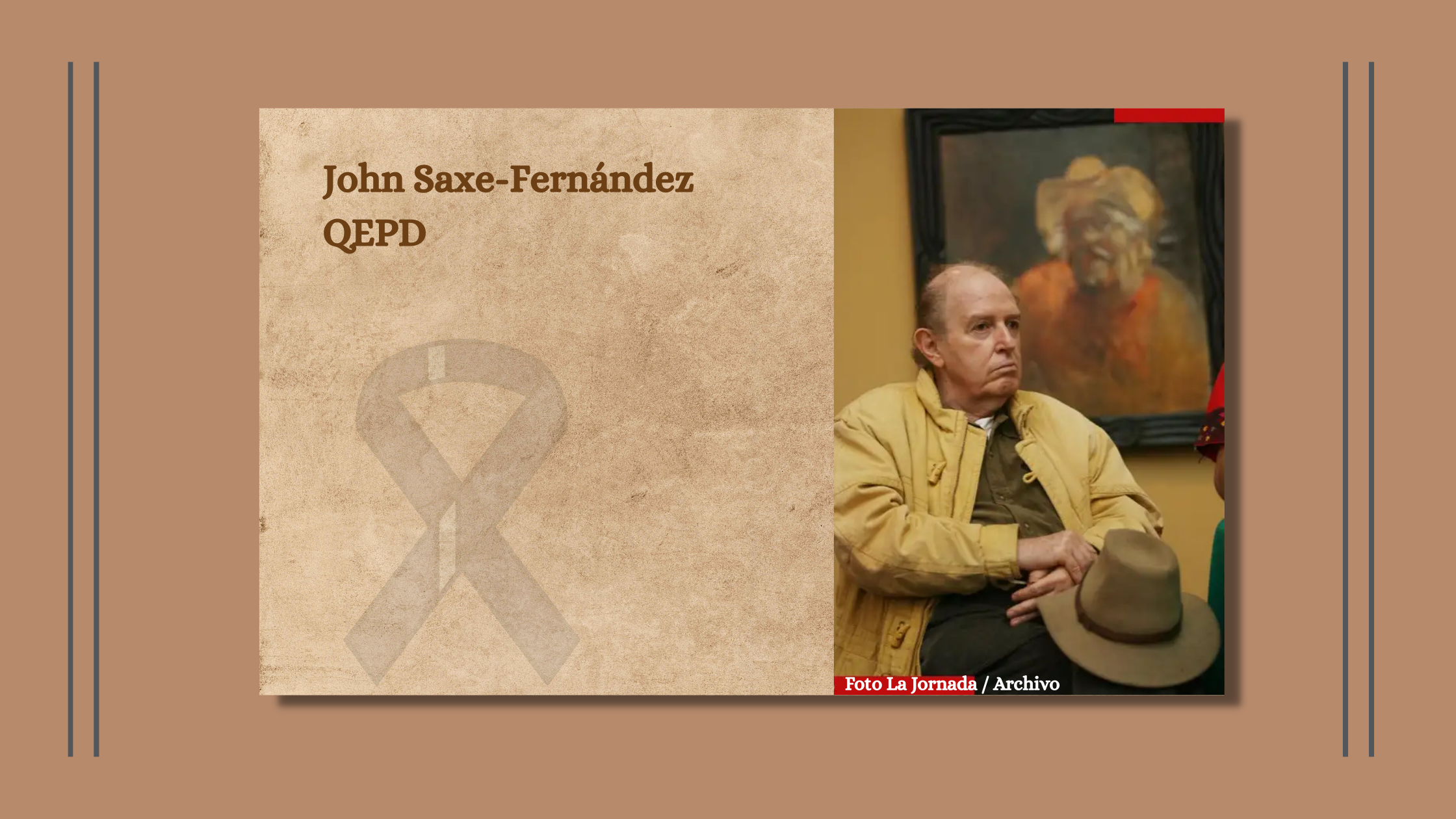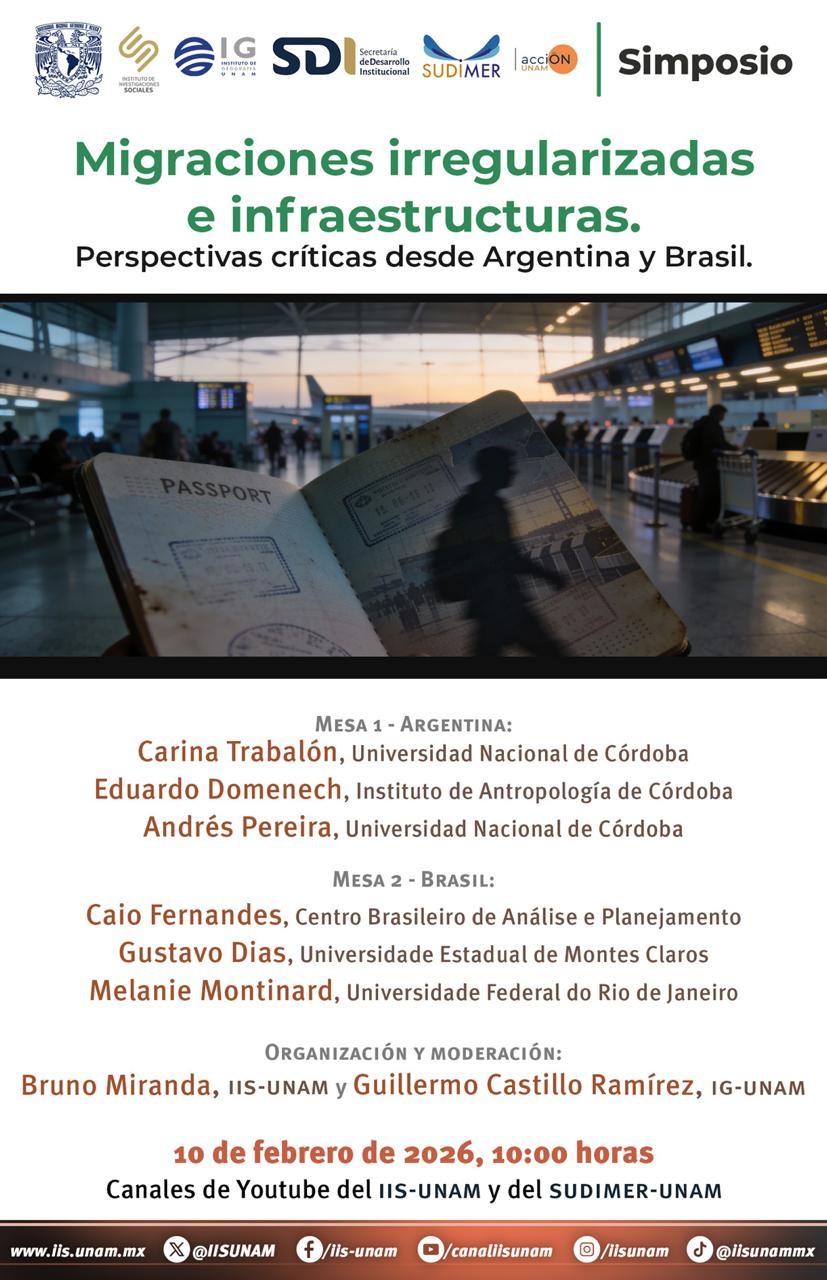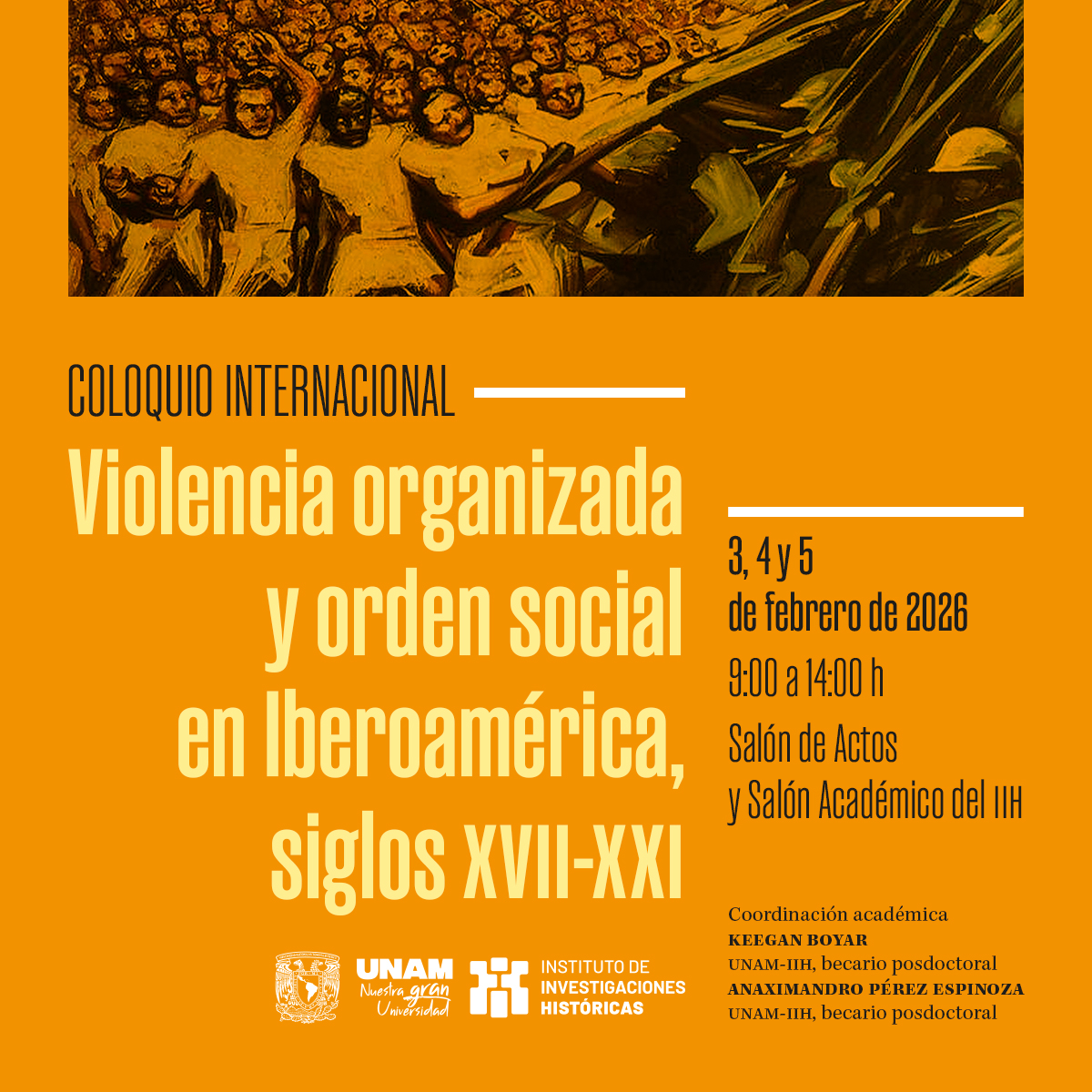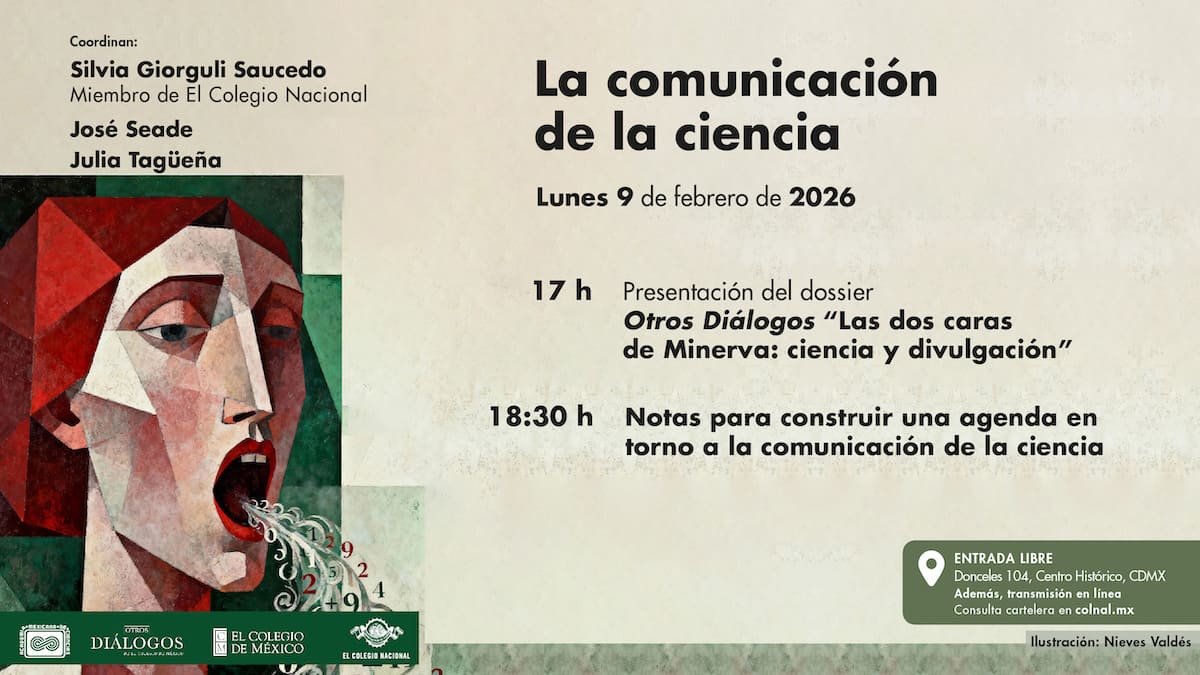Research fellow Institute for the Study of Conflict Transformation and Social Justice – Queen’s University Belfast
Job Details
Position: Research Fellow (50%)
School/Department: Inst for the Study of Conflict Transformation and Social Justice
Reference: 12/102300
Closing Date: Monday 12 November 2012
Salary: £30,122 – £39,257 per annum (including contribution points)
Anticipated Interview Date: 4 and 5 December 2012
Duration: Three years
JOB PURPOSE:
To be an active member of the Institute for the Study of Conflict Transformation and Social Justice, assisting in the development of research proposals and the planning and delivery of a specific programme of research activity within the Institute. The 0.5 Fellow will also take the lead on developing relevant partnerships with wider society and will develop a programme to enhance the non-academic impact of research carried out with the support of the Institute.
MAJOR DUTIES:
1. Develop and deliver a coherent research programme with clear milestones and measureable outputs to include high-quality publications and RCUK and/or ERC grant applications.
2. Carry out analyses, critical evaluations and interpretations using methodologies and other techniques appropriate to research in the Humanities and Social Sciences.
3. Present regular research reports as an Institute Fellow to academic colleagues, postgraduate students and other interested stakeholders.
4. Disseminate and publicise research findings widely, utilising all appropriate means available, including conference papers, journal articles and oral, electronic and print publications.
5. Assist the Director and Institute Fellows in the preparation of collaborative grant applications to external bodies.
6. Participate through the Institute in the development of cross-campus, inter-institutional and other collaborative research networks.
7. Carry out routine administrative tasks to ensure that Institute activities, including symposia, seminars, conferences, grant applications and projects are successfully completed according to an agreed timetable and within budget. This might include the organisation of project meetings and documentation, financial control, and risk assessment of research activities.
8. Carry out occasional teaching duties in relation to the post-holder’s area of expertise under the direct guidance of a member of academic staff.
9. Keep abreast of intellectual and methodological developments in the post holder’s area of research expertise.
Planning and Organising:
1. Plan for specific aspects of interdisciplinary research activity within the Institute and contribute to programme planning and delivery as a team member.
2. Plan for the efficient use of research resources, meetings and training workshops, as appropriate.
3. Plan and take responsibility for the post holder’s own day-to-day activity within the framework of the agreed research programme.
4. Plan in advance to meet proposed milestones, grant application and publication deadlines and other promised outputs of the agreed research programme.
5. Coordinate and liaise with the Director, Institute Fellows and other academic colleagues over work progress.
Resource Management Responsibilities:
1. Ensure available research resources are used in an effective and efficient manner.
2. Provide guidance and mentoring as required to support staff and any students who may be assisting with the agreed research programme.
Internal and External Relationships:
1. Liaise on a regular basis with Institute staff, other colleagues, and relevant students.
2. Build internal contacts and participate in both cross-campus and inter-institutional networks for knowledge exchange and to form future collaborative partnerships.
3. Join external collaborative networks in order to share information and ideas regarding research on conflict transformation and social justice.
4. Develop links that will enhance the Institute’s local and international reputation and outreach.
ESSENTIAL CRITERIA:
1. Completed PhD in an area of research related to the study of conflict transformation and social justice.
2. At least three years relevant research experience, including PhD work, with excellent publication record commensurate with stage of career to allow for a high quality REF return in an appropriate Unit of Assessment.
3. A viable proposal that addresses a clear research question, with a timetable for completion including clear milestones and measurable outputs.
4. Evidence of sustained engagement with and non-academic impact on wider society in a conflict/post-conflict setting.
5. Ability to develop high quality research programmes relevant to the strategy and goals of the Institute.
6. Evidence of capacity to engage productively in research that engages with RCUK or ERC priority themes.
7. Sufficient breadth and depth of specialist knowledge and training and of research methods and techniques to work within an interdisciplinary research setting.
8. Ability to communicate complex information clearly.
9. Ability to build contacts and participate in internal and external networks with relevant stakeholders.
10. Demonstrable intellectual ability.
11. Ability to assess and organise resources.
DESIRABLE CRITERIA:
1. Demonstrate a commitment to using comparative or interdisciplinary research methodology.
2. Experience of applying for externally-funded research projects.
3. Evidence of teaching experience at University level.
4. Preference may be given to applicants who can demonstrate expertise on conflict transformation and social justice in relation toone of the following: borders; young people; emotions.
ADDITIONAL INFORMATION:
The Institute has been set up to enhance the contribution which researchers in Humanities and Social Science have made to the study of conflict transformation and social justice and to develop the social, political or economic relevance and impact of that research.
The Fellows appointed to the Institute will already have a strong research and publication record in the broad field of conflict transformation and social justice in ways that augment, complement or extend research presently being carried out at Queen’s. They will be able to demonstrate why their research is important and relevant to current national and international debates in conflict studies and how it might contribute to emerging RCUK, EU and ERC funding themes.
Successful applicants will have a clear commitment to interdisciplinary and comparative research which evidences how their proposed programme of work will enrich other disciplines within the Faculty of Arts, Humanities and Social Sciences and be enriched by them. They will have listed the proposed research questions they wish to answer during the fellowship period and offered a realistic research timetable with clear milestones and measureable outputs for the three-year period. Fellows will work closely with the Director and other Institute colleagues to plan and deliver their proposed programme and to build a series of imaginative and sustainable cross-campus and inter-institutional partnerships for the Institute over the next three years.
Te puede interesar
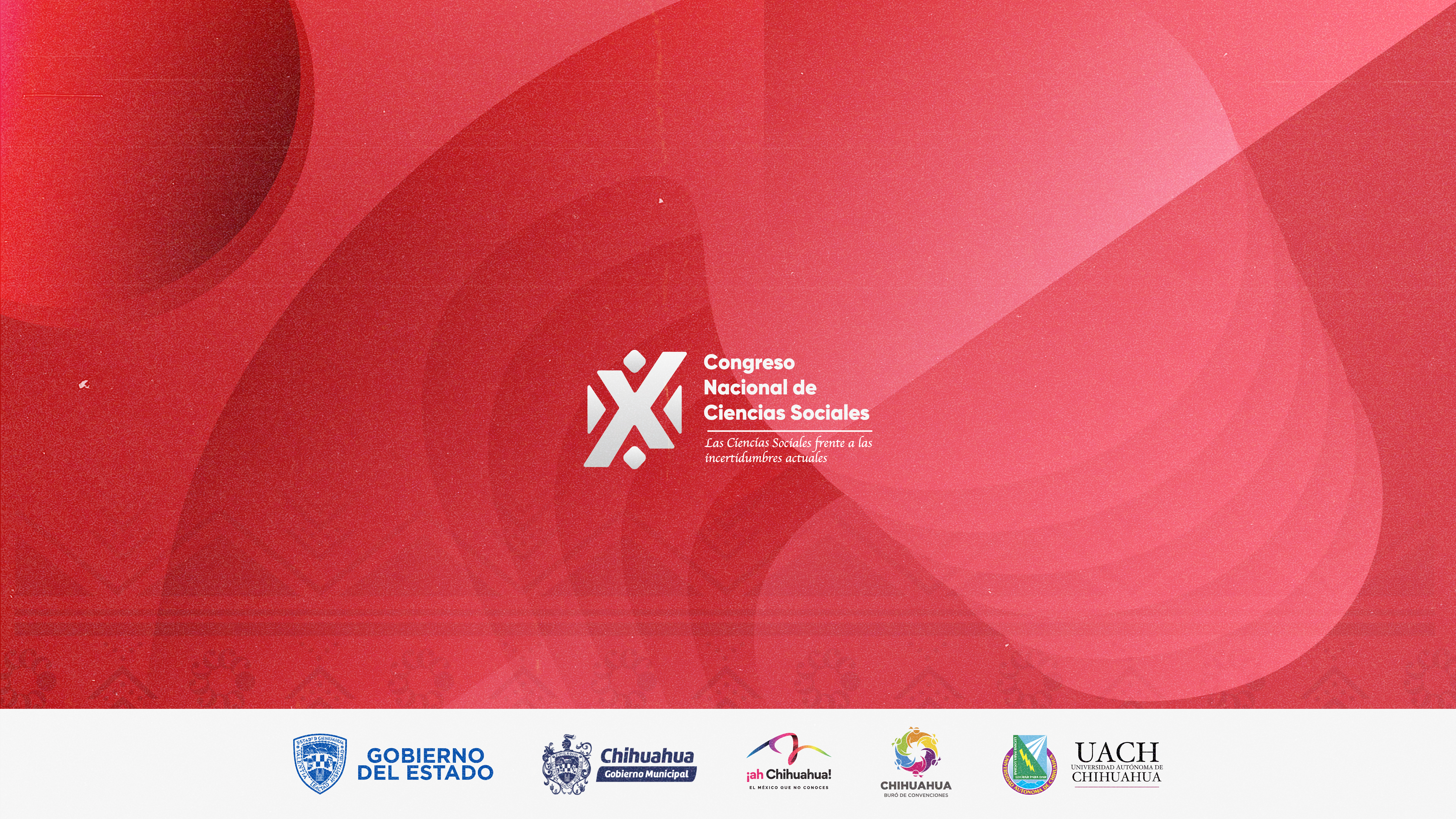
Convocatoria Feria del libro
Laura Gutiérrez - Feb 04, 2026FERIA DEL LIBRO X CONGRESO NACIONAL DE CIENCIAS SOCIALES “Las Ciencias Sociales frente a las incertidumbres actuales” INVITACIÓN Información general…

Hoteles con convenio | X Congreso Nacional de Ciencias Sociales
Laura Gutiérrez - Ene 28, 2026X Congreso Nacional de Ciencias Sociales Las Ciencias Sociales frente a las incertidumbres actuales del 23 al 27 de marzo…

Memorias del IX Congreso Nacional de Ciencias Sociales
Roberto Holguín Carrillo - Jul 02, 2025IX Congreso Nacional de Ciencias Sociales Las ciencias sociales y los retos para la democracia mexicana. Realizado en el Instituto…
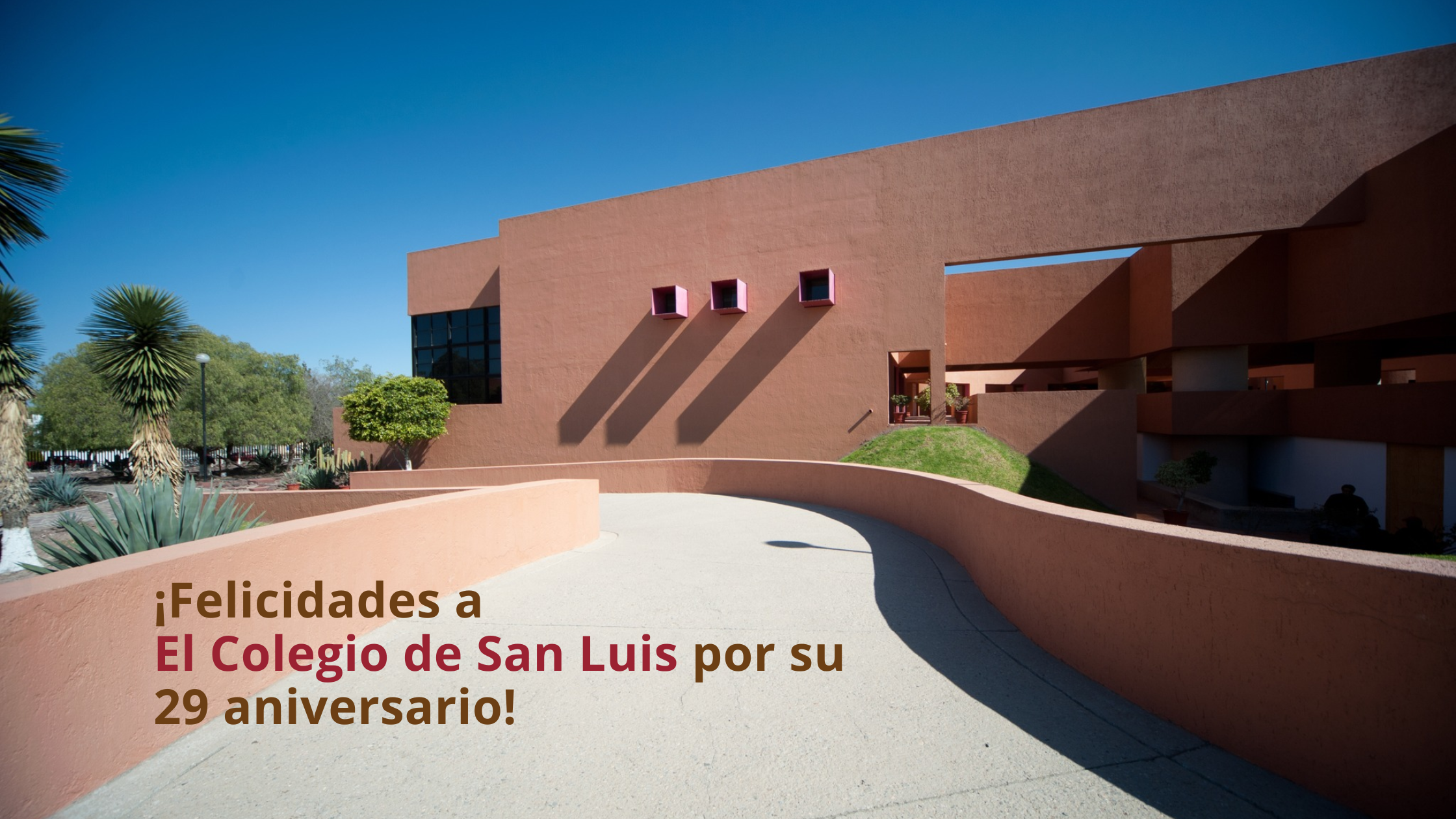
29 años de El Colegio de San Luis
Laura Gutiérrez - Feb 06, 2026El Colegio de San Luis celebra 29 años de historia y compromiso El Colegio de San Luis A.C. (Colsan) es…

Estudios Sociales, vol. 36, núm. 67
Laura Gutiérrez - Feb 05, 2026Centro de Investigación en Alimentación y Desarrollo, A.C. Estudios Sociales Revista de alimentación contemporánea y desarrollo regional vol. 36, núm.…



